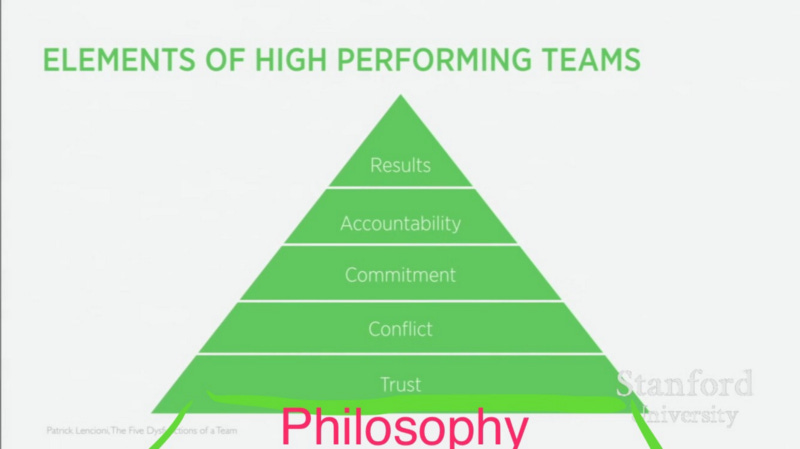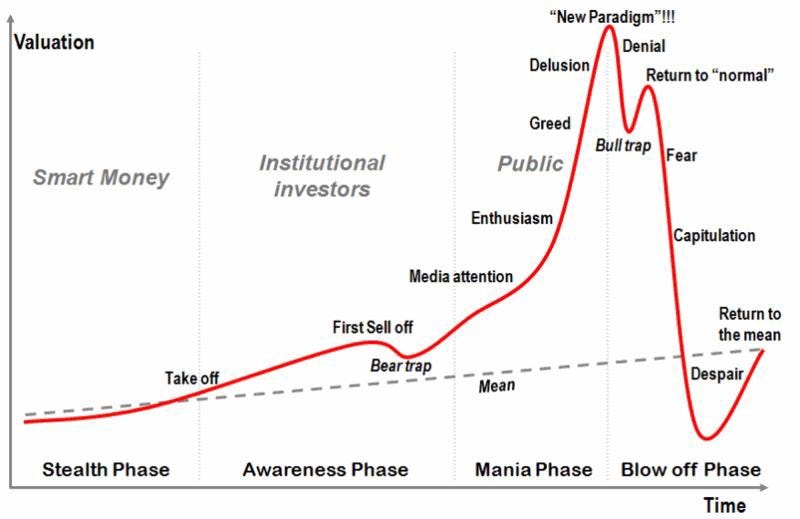Teamwork: the ultimate competitive advantage
Not finance. Not strategy. Not Technology but teamwork.
Not finance. Not strategy. Not Technology but teamwork.

Imagine each of the rowers above paddling in a different direction. They could individually achieve their own result but as a team they would be wasting their time and energy. How can these rowers consistently row in the same direction? A simple idea yet difficult to implement.
Patrick Lencioni talks about teamwork in his book and describes the reason for failure of companies as the imperfect nature of teams and its constituents: imperfect humans.
In our experience with our portfolio companies and within our own team, the human element is the single most unpredictable parameter in building teams, products and companies. Even a small lack of coherence here can undo months and years of hard work and careful planning and execution.
Building solid debate around philosophy, values and culture is the way to achieve consistency in teams and organisations.
Perfect teamwork is easy to write about, yet extremely challenging to get to. Instead of writing about general theory, I’d like to share our specific experience and journey so far.
To get started, my co-founder and I thought about establishing a shared purpose. This purpose is to empower global Iranian entrepreneurs. This was not a sudden revelation to us, rather a gradual forming of our view of the world. In order to get to purpose, we first discussed our philosophy; how each of us thinks about the universe. Purpose needs to be communal and big picture. It is only then that it has the power to impact hundreds of millions of people. With the philosophy and purpose established, trust becomes a natural state and builds the foundation for high performing teams that will achieve results.

However, getting from trust to results is not a smooth ride. Taking valuation as a proxy for results, this graph portrays this journey well:

Even when you’ve seemingly achieved everything you set out to do (as in Uber’s case, a $70b valuation) there is still huge room for error and even threats to your company’s existence.
We thought about the culture we want to build in the company. From the very first day, we knew that we wanted to be a global team. We knew that feelings should be expressed openly. We even asked our investors in quarterly meetings to describe their feelings to us. We track these feelings over time to see how we are doing. We took deliberate time at off-site meetings to discuss our leadership commitments. In our first off-site in August 2016 in Amsterdam, our 6-member senior team met and went through exercises to define our individual geniuses and how to speak candidly. Many people tend to push confrontation down the priority list because they think it would hurt peoples’ feelings. This is the wrong approach and doomed to fail in the long-term.

Having already established trust, we used radical candor to challenge each other directly. By understanding this and consciously practising candidly speaking with each other, we continue to build the second layer of elements of high performing teams, conflict. By consistently reminding each other about our big picture and communal purpose we overcome the tendency to desire short-term fixes in expense of long-term value.
Right now, we are half-way through building the foundations of the only Global Iranian VC in the world. We are working on solidifying the other layers of elements of high performing teams and are doing our next team off-site in July in the suburbs of Tehran. This meeting will be focused on three conscious leadership commitments of Taking radical responsibility, Generating appreciation and Creating wins for all solutions.
We look forward to sharing our experience of building and investing in high performing teams with you. Feel free to comment or come along to our next Breakfast Series to discuss technology, leadership and global startups.
This is the thirteenth in a series of posts about our investment criteria and ecosystem resources which was also posted on LinkedIn. We’d love to hear from teams with crazy (but commercial) startups. Get in touch or attend our breakfast series. Finally, don’t forget to get your IV Score to prepare for your next VC meeting.
Iratel Ventures (@iratelventures) | Twitter
The latest Tweets from Iratel Ventures (@iratelventures). We invest in entrepreneurs building global companies. Venture…twitter.com

